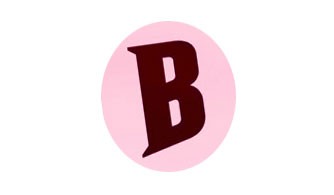On Jan. 7, 2015 Paris endured its deadliest attack in modern times. That morning, three Islamist gunmen tore through the office of satirical magazine Charlie Hebdo. This cowardly and barbaric attack was thought to be perpetrated in response to a 2011 issue that carried a caricature of the prophet Mohammad. Visual depictions of Mohammad are forbidden by Sunni Islamic teachings.
Despite the arrests of seven suspects connected to the attacks, the two brothers thought to be the gunmen, Cherif and Said Kouachi, remained at large for three days until two separate standoffs occurred on Jan. 9.
Friday, sustained gunfire followed by explosions echoed through a warehouse where the Kouachi brothers had taken a hostage. Not far away, a second confrontation was developing at a Kosher Market in eastern Paris. Another man said to be connected to the brothers threatened to kill others if there were any attempts made to capture Cherif and Said Kouachi. More died on this day, including the Kouachi brothers.
In total, 17 people lost their lives during this stretch of chaos. On Sunday morning, an organized march, the largest in France since the end of WWII, drew a crowd of 1.6 million in the streets of Paris.
Charlie Hebdo‘s creative professionals waged a war against censorship. Throughout history, and across the world today, censorship is used as a means of social control. Freedom of expression is an ongoing struggle.
As opinions are shaped and shifted by those who say what’s right and wrong our choices no longer become ours. The 12 artists and professionals at Charlie Hebdo lost their lives in a fight for freedom. Let’s continue their fight by having our voices heard and by letting every decision we make be our very own.
Greyson Gibson is a Sonoma County writer. His first novel is ‘Nowhere to Go but Everywhere.’
Open Mic is a weekly feature in the ‘Bohemian.’ We welcome your contribution. To have your topical essay of 350 words considered for publication, write op*****@******an.com.









